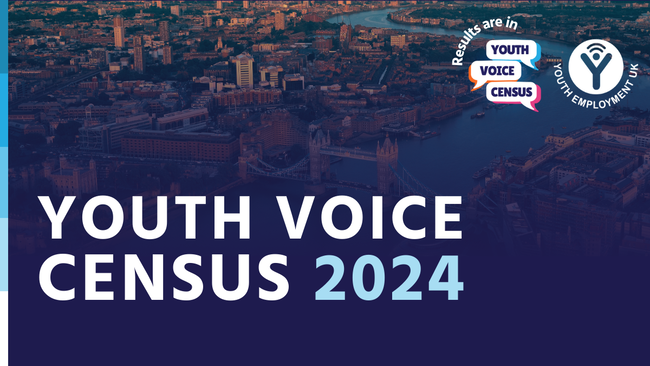The 2024 Youth Voice Census has shed light on the significant influence of anxiety, discrimination, and financial pressures on the future prospects of young people in the UK.
This year’s Youth Voice Census, completed by over 5,000 young people aged 11-30, offers an in-depth look into how the UK’s youth view their lives, education, and work experiences.
The report highlights a growing mental health crisis, with anxiety reaching unprecedented levels. A staggering 60% of young people report struggling with anxiety. Concerns about falling behind in skills and opportunities are intensifying the mental health challenge, with 40% of respondents citing anxiety as a major barrier to securing employment.
Alarmingly, bullying, discrimination, and harassment remain widespread, with 47% of those in education and 17% of young workers reporting direct experiences of these issues. More than 35% of young people named discrimination as one of the top issues facing the country. Those with additional needs are experiencing particularly severe levels of discrimination and exclusion.
Financial concerns are also weighing heavily on young people’s choices around education, training, and employment. One in ten have missed out on education due to financial difficulties, and 72% of university students see money-related issues as a primary cause of stress.
A sense of isolation is further compounded by limited access to enrichment and extracurricular activities. The report finds that the greatest inequalities are experienced by Black, African, Black British or Caribbean respondents, care-experienced young people, those with additional needs, and those eligible for free school meals.
Confidence in employment prospects is also diminishing, with only 26% of young people in education expressing confidence in their skills and job opportunities.
Laura-Jane Rawlings, MBE, DL, Founder of Youth Employment UK, remarked: “Young people are feeling less positive about their future this year, with only 10% believing they can access quality work where they live. On top of this, they are being forced to compromise on safety, quality, cost or location to access education, training and employment opportunities. The sense of unfairness is being felt by all young people, whoever and wherever they are.
“Young people tell us that they don’t want to feel like this and actually would love nothing more than to have access to good opportunities; they just do not believe those opportunities exist for them.”
As experts in youth employment, Youth Employment UK recommends expanding access to youth services. Local opportunities for enrichment and volunteering are seen as essential for building young people’s confidence and resilience.
The report also calls for improved support systems. Key transition stages, such as entering the workforce or higher education, are times when young people require the most assistance. Addressing barriers to mental health care, housing, and financial support during these periods is critical.
Youth Employment UK further advises creating a hyper-local young person’s guarantee, which includes developing quality training, apprenticeships, and employment opportunities within local communities, as well as tackling obstacles like transportation costs.
Finally, greater employer engagement is needed, with companies urged to adopt the Good Youth Employment Standards to ensure young people have access to quality jobs that support their growth.
The full Youth Voice Census report is available for download on the Youth Employment UK website.

